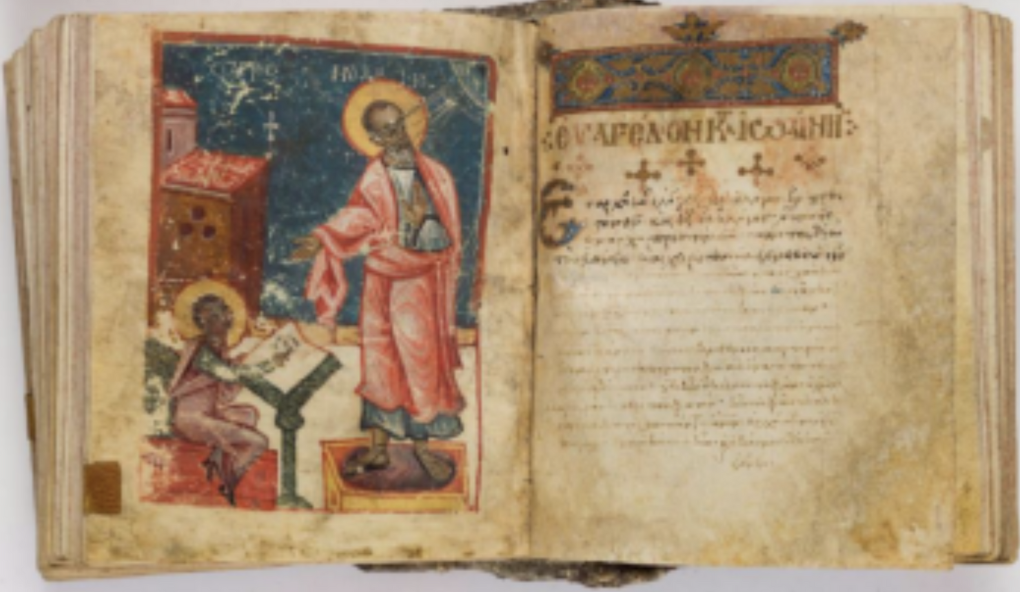Inspire 21-Day Devotional: Illuminating God's Wordਨਮੂਨਾ

WEEK 1, DAY 2: WHAT IS THE BIBLE?
The Bible is a Collection of Books
It’s not quite right to say that the Bible is a book; it’s really a collection of books unlike any other that exists in the world. Between the Old and New Testaments - libraries of their own - the Bible consists of 66 books written by over 40 different authors, spanning 2,000 years. It’s full of history, songs, laws, letters, visions, biographies, and even journal entries. There is no book like it!
The first books of the Bible were written by Moses, telling the story of how God created the world, chose a people, rescued them from slavery in Egypt, and brought them safely into the Promised Land to dwell with them. Historians chronicled the history of Israel in the land, telling the stories of kings and their reigns. Prophets spoke God’s word to his people. The great king David wrote worship songs for the Lord (called Psalms), and his son Solomon added songs, sayings, proverbs, and parables to the wisdom literature in Israel.
By the time of Jesus in the 1st century, these books were being read, studied, and applied to everyday life. After Jesus’s death, his followers wrote four accounts of his life, called Gospels, and early Christians started planting churches and sending letters across the empire to encourage one another and teach the young churches how to live. Sometimes these letters were long and theological, like Romans. Others were practical Q&As, like 1 Corinthians, or short heartfelt notes of encouragement, like 2 and 3 John. Soon the early church collected these Gospels and letters to pass around and use for building up the church. All the way though, God was speaking, encouraging, teaching, and ensuring that his word would be preserved in this collection we call the Bible.
Despite this wide variety of authors and time periods, the Bible you read today is coherent, consistent, and covers the story of God’s mission to save his people from their sins and bring them back into a relationship with him. The different perspectives, time periods, and genres complement each other because they are all inspired by God. As Peter wrote in this letter to the early church, the Bible isn’t simply an interpretation of what God has done; it is his own word. These authors were carried along by the Holy Spirit as they wrote, which means the Bible we read today is God communicating directly to us. It will never not be relevant, and it will never lose its power to transform our lives.

Artifact: The Great Isaiah Scroll facsimile
This little gospel book, called the “Evanis Gospels” is from the 11th century. At the time, sections of the Bible like the Gospels were bound together for people to read. In this copy, there are beautiful miniatures at the beginning of the gospels, showing the writers working on their books. This picture, from the beginning of the Gospel of John, shows the young gospel writer looking to Jesus and writing at his direction, exactly what 2 Peter 1:19-21 tells us all the biblical writers did. They were testifying to what they had seen, carried along by the Spirit, and pointing the world to Jesus.
Q1. What are the main themes or ideas of the Scripture passage?
Q2. What does this devotional tell me about who God is?
Q3. How does this devotional challenge or encourage me?
Q4. What specific action can I take to live out this teaching?
Q5. Who should I share this with for encouragement or accountability?
ਪਵਿੱਤਰ ਸ਼ਾਸਤਰ
About this Plan

Welcome to this 21-day devotional journey designed to help you deepen your understanding of the Bible and grow in your faith. Over the next three weeks, we will explore the foundational questions that shape our approach to Scripture. By engaging with these questions, we hope you will not only gain a richer knowledge of the Bible but also develop a stronger sense of trust and connection to God’s Word. Each week, we will focus on one key question: What is the Bible? Can We Trust the Bible? Where Did the Bible Come From?
More
Related Plans

Everyone Should Know - Thanksgiving Special

When Heaven Touched Earth - a 7 Day Journey to Christmas

Lessons From Some Hidden Heroes in the Bible

The Mandate to Multiply.

Scriptures and Hymns to Grow Your Joy This Christmas

Hope in Creator’s Promises

OVERCOME Lust WITH TRUST

Your Prayer Has Been Heard: How God Meets Us in Seasons of Weariness and Waiting

Adversity
